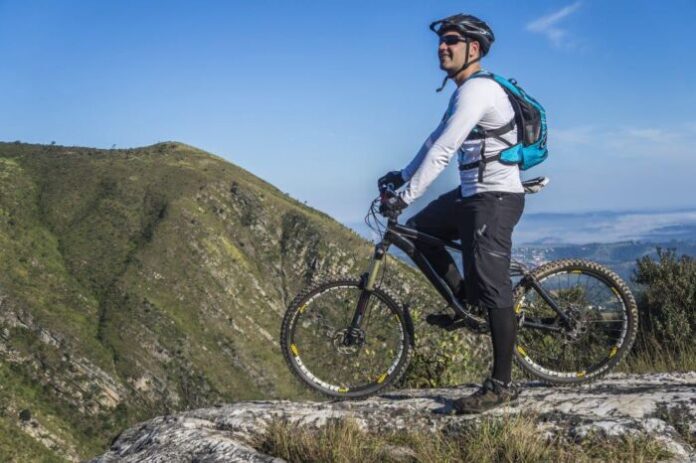
Summer 2020 could be full of cycling. The forecast comes from the 2020 report drawn up by Isnart-Unioncamere and Legambiente, which took stock of the sector’s performance in 2019 and analyzed in perspective what are the current conditions dictated by anti-Coronavirus measures.
According to the analyzes presented, cycling tourism represents one of the most possible holiday options in line with the “Low Touch Economy”, resulting from the security measures adopted to contain the Coronavirus pandemic. The use of the bicycle, which saves the emission of 1.5 million tons of CO2 every year, represents an ideal response to the need to regenerate after an uncomfortable phase.
“In the current crisis situation caused by the Covid emergency, it is also necessary to look for opportunities and the development of cycle tourism is certainly among them – comments Roberto Di Vincenzo, Isnart president – It is therefore important to introduce incentives for smart mobility and for the purchase of alternative mobility that the more they will be spread even in city mode, the more they will extend their positive impact on a segment of the tourism sector with high development potential, of great interest for international flows and highly qualifying for the country in terms of attention to the Environment and Sustainability “.
Cycle tourism expresses the distinctive features of the Low Touch Economy – safety, health, distance, short range – and is an excellent candidate for the needs of “new normality” for overcoming the coronavirus emergency.
Last year, cycling tourism produced 20.5 million overnight stays, limiting the count to Italian cyclists only, while for 2020 the prospects could be even more rosy (25.9 million, + 26% compared to 2019). By extending the calculation to foreign tourists, too, we reach 55 million overnight stays (6.1% of the total), for a turnover of around 4.7 billion euros (75 euros the average daily expenditure per person).
According to the indications provided by the specialized tour operators, the average cycling holiday is 7 nights (cost around 900 euros), with a fixed or itinerant base. Trentino-Alto Adige is the region that attracts the greatest number of cycle tourists, with a budget of 16 million overnight stays (15% of the global budget) for an average daily cost of 73.5 euros. The cyclists are mainly attracted by the 3,256 km of cycling routes.
According to the research, the most successful cycle routes among cyclists are: Trieste-Lignano Sabbiadoro-Venice (43%), Ciclovia del Garda (43%), Tirrenica “Liguria-Toscana-Lazio” cycle route (29%), Adriatic cycle route (29 %) and Cycle track of the Apulian Aqueduct (29%). Giorgio Zampetti, Legambiente general manager concluded:
“The figures in the report demonstrate once again, if ever there was a need, how cycling tourism can be a useful answer to the crisis we are going through. It is useful from the health point of view, for the distances and the motor activity that it provides, it is useful from the environmental point of view to give answers to the climate crisis, it is useful to the economy given the amount of resources it handles. Finally, it is useful for networking in the territories: nothing better than a cycle-tourism route connects attractors and operators favoring the virtuous synergy that the country needs “.
Meanwhile, the FIAB – Italian Environment and Bicycle Federation – provides companies with a handbook with useful information to make workplaces bike-friendly so as to encourage bike-to-work among workers. What do you need for those who choose to go to work by bike? Parking in safety and being able to change, but it is also necessary to motivate with adequate communication and targeted incentives.
“The WHO also recommends that you move by bicycle to ensure social distancing and stay healthy – recalls Alessandro Tursi, FIAB president – Without health, as we have seen, there is no economy or recovery. That’s why we reach out to companies to accompany them in social responsibility policies. Companies and trade unions together can do their part for the common goal of the well-being of workers and the community “.



































